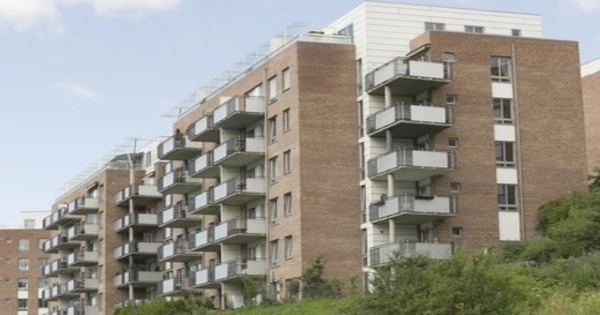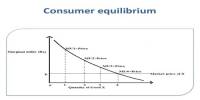Subsidized housing is government-sponsored economic assistance that helps impoverished people with low to moderate incomes with housing costs and expenses. Subsidized housing is frequently referred to as “affordable housing” in the United States. Direct housing subsidies, non-profit housing, public housing, rent supplements/vouchers, and some types of co-operative and private sector housing are all forms of subsidies. According to some sources, increasing access to housing may help to reduce poverty.
It refers to housing units that are available for rent or purchase at a reduced cost to individuals or families with low to moderate incomes. These housing programs are typically run by government agencies or non-profit organizations with the goal of providing safe and affordable housing options to people who would otherwise struggle to find suitable housing.
Here are some key points about subsidized housing:
- Eligibility: Subsidized housing programs frequently have income limits, which means that individuals or families must meet certain income requirements in order to qualify. The income limits differ according to the program and location. Other factors, such as family size, may also be considered.
- Rent or Purchase Assistance: Individuals can benefit from subsidized housing programs by renting or purchasing a home. Rental assistance programs may directly provide subsidies to tenants, lowering their monthly rental payments. Homeownership programs may provide financial assistance, such as down payment assistance or mortgage subsidies, to eligible individuals or families in order to assist them in purchasing a home.
- Funding: Subsidized housing programs are typically supported by a combination of government and private funding. Governments fund these programs, and non-profit organizations may also obtain grants or other forms of financing to develop or manage affordable housing projects.
Application Process
Individuals seeking subsidized housing must usually apply through the appropriate housing authority or program administrator. The application process may include submitting documentation to prove income, filling out forms, and possibly being placed on a waiting list. Due to the high demand for affordable housing, waiting periods can vary greatly, and an applicant may have to wait for some time before being offered a subsidized housing unit.
Individuals and families with limited financial resources rely on subsidized housing to address housing affordability issues and provide stable housing options. These programs aim to promote socioeconomic stability and improve the overall quality of life for low-income individuals and communities by lowering housing costs.
















